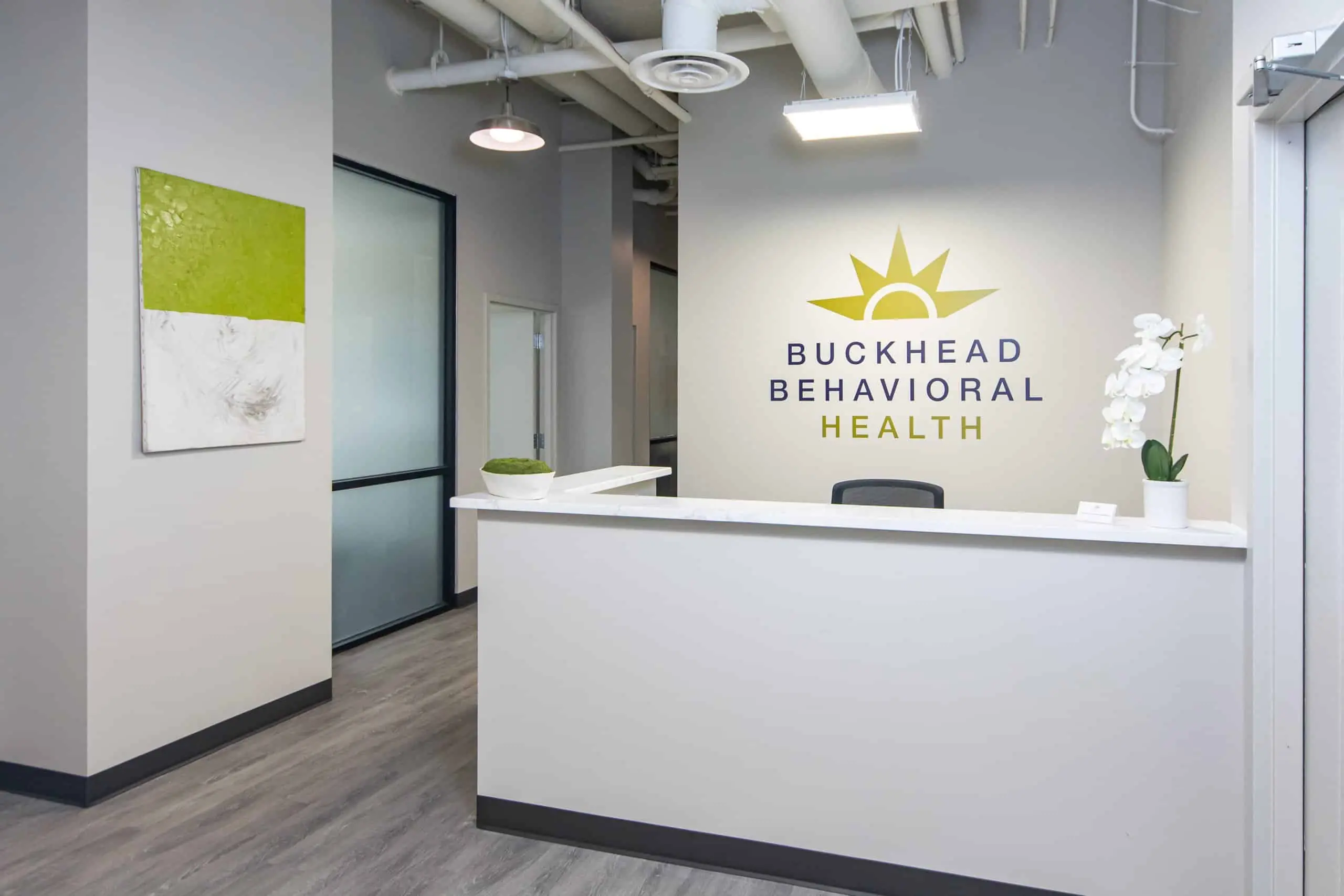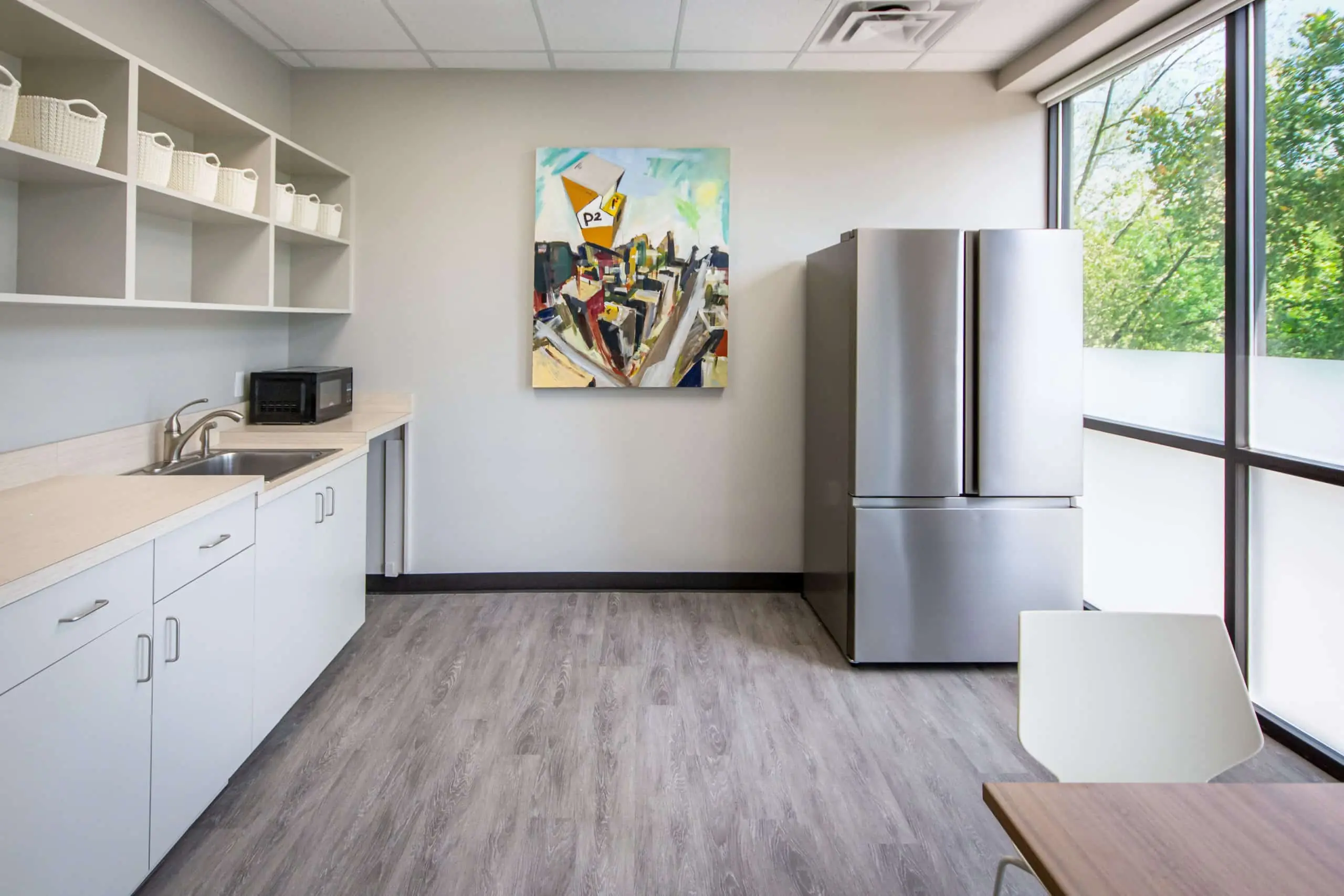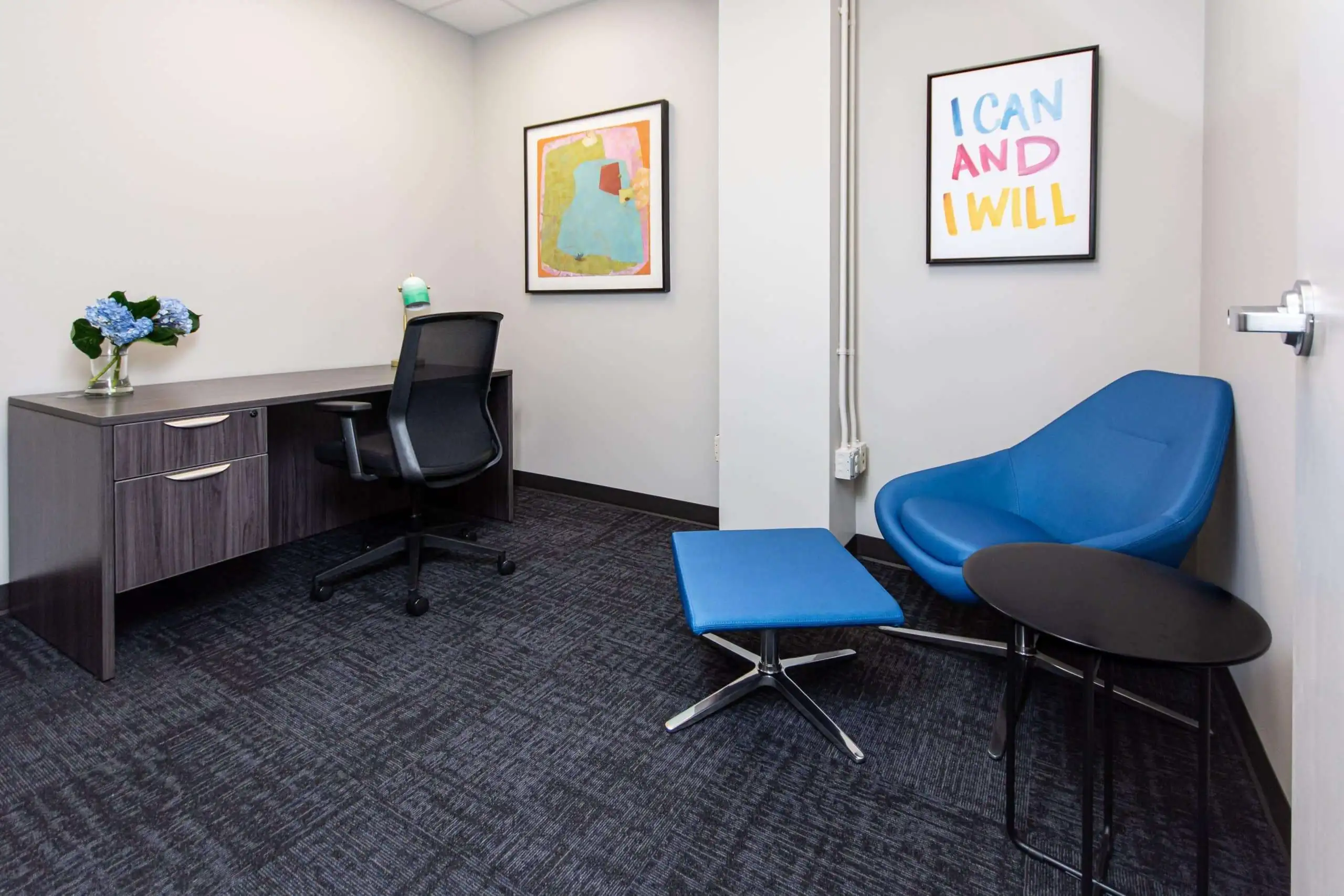To create a safe work environment for all, employers must be able to recognize the signs of drug use at work and in their employees. Drug use can lead to harmful accidents, putting the safety of the user and their coworkers at risk. It is also detrimental to the physical and emotional health of the using employee. The key to addressing this issue early on is by thoroughly knowing the common symptoms and signs of drug use at work.
Physical Signs of Drug Use at Work
Unfortunately, identifying and confronting an employee who is using drugs can be challenging. Those with substance abuse problems quickly learn how to conceal their addictive tendencies from others, making the signs of drug use at work less noticeable. Not only this but certain side effects of drug use can be interchangeable with those of common health issues. Employers have to keep in mind that they are not medical professionals and be gentle when they come to an employee who is under suspicion of drug use. Additionally, empathy is valuable when confronting those with substance abuse issues. Employers should make every effort to help them, not shame them.
Indicators of drug use in the workplace surface in many forms. Some symptoms are physical or emotional while others relate to productivity and work ethic. Physical signs of drug use at work include:
- Sickly appearance (cold, clammy, and/or pale skin)
- Unexplained sweating and shaking
- Frequent nausea and vomiting
- Glossy and/or bloodshot eyes
- Excessive weight loss and loss of appetite
- Change in personal hygiene habits (wearing dirty clothes, bad breath)
- Seeming rundown or hungover (sunglasses inside, frequent headaches)
- Emitting strong and foul body odors or smelling like drugs/alcohol
Behavioral Signs of Drug Use at Work
Drug use can affect a person’s mood and temperament, typically leading to changes in their behavior. These symptoms can be noticed in social situations, such as in a work environment. They include:
- Becoming defensive and defiant
- Easy to upset and angry
- Frequent outbursts of aggression towards others
- Getting physically or sexually aggressive
- Withdrawing from social work settings
- Lack of interest in participating in team projects
- Asking coworkers to cover for them
The Impact of Drug Use at the Workplace
Drug use can drastically alter an individual’s performance and cause them financial desperation. When an employee is using drugs, they tend to fall short at work. It is important to not only understand the general symptoms of drug use but the signs of drug use at work in particular. Results of drug use in the workplace include:
- Often being late or calling out sick
- Requesting weekly pay advances.
- Borrowing extensively against their 401k
- Missing deadlines or not meeting goals they used to easily obtain
- Disappearing throughout the day
- Asking to borrow money from co-workers.
- Not wearing the proper safety gear or taking other unsafe risks
- Failing to attend mandatory work events or meetings
- Sleeping on the job
Additionally, it is important to keep in mind that an employee using drugs will most likely show multiple symptoms. So though missing a meeting is not a determining factor in itself, an employee who misses meetings is suddenly easy to upset, and appears ghastly—without having a prior medical condition—would likely be struggling with substance use.
Dangers of Drug Use at Work
Employers do not want their employees or their company to suffer. When an employee has a drug use problem, they become a hazard to themselves, coworkers, and customers. Additionally, any accidents can lead to paying workers’ compensation and higher overall healthcare costs. Though this does not outweigh safety concerns, it is an issue. Not intervening early on could be detrimental to a business’s future.
How Employers Should Handle Drug Use at Work
Workplaces should have established policies and procedures pertaining to drug use. For example, employees must undergo a drug screening if they have caused an accident at work. This example also highlights the importance of catching drug use in the workplace early on—preventing accidents and injuries.
Once an employer is certain that their employee is using drugs, they must intervene immediately. Setting up an intervention is usually the best way to address an employee’s drug use. It must remain confidential and should be privately carried out with human resources, the employee, and the employer. Small business owners who do not have a human resources department can contact an intervention specialist to assure the process is properly conducted.
Whether the employee is receptive to the intervention or not, it is essential that employers equip them with resources about drug abuse and encourage them to seek treatment. Support from an employer makes a very positive impact on an employee’s challenging road to recovery.
Drug Rehab in in Atlanta
It’s time to get your employees the help they deserve. From providing substance abuse education to drug rehab staging interventions and providing confidential treatment services, Buckhead Behavioral Health in Atlanta will help every step of the way. With custom-tailored programs, our luxury rehab center has helped thousands of people regain control over their lives and achieve long-term sobriety, including teens, young adults, and men and women of all ages—let us help your employees too. Make sure they know you support them by facilitating their first steps in recovery. To learn more about rehab programs for drug use at work, contact Buckhead Behavioral Health or call us now for more information.




